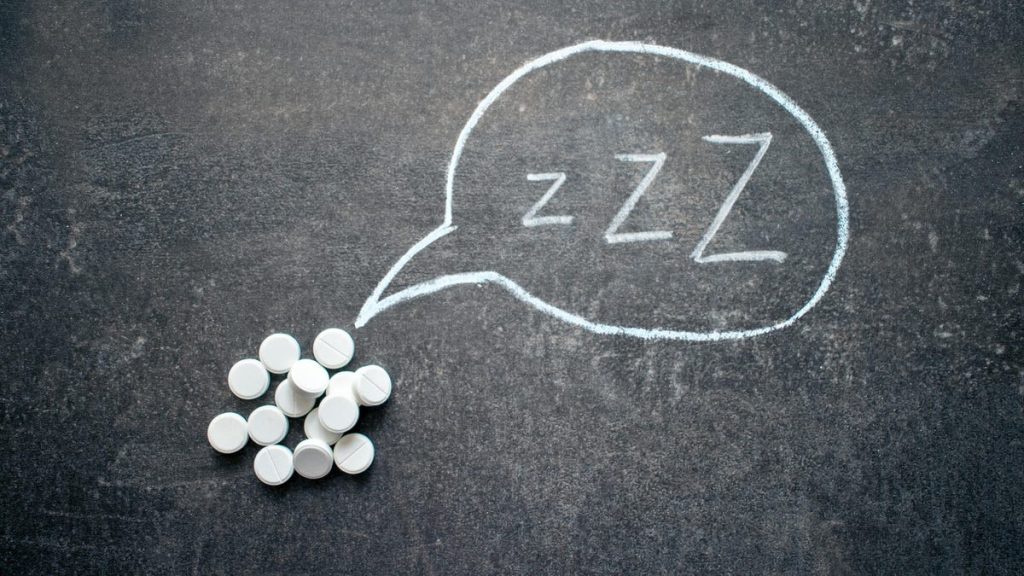The Allure and Efficacy of Sleep Supplements: A Comprehensive Overview
In the quest for a restful night’s sleep, many individuals turn to sleep supplements, a diverse array of products promising to alleviate sleep difficulties. Unlike over-the-counter sleeping pills, which are regulated by the FDA and often contain a mix of natural and synthetic ingredients (including antihistamines), sleep supplements are less regulated and generally focus on natural ingredients. This lack of regulation, while offering a seemingly "natural" approach, also introduces concerns regarding consistency, purity, and potential health risks. Popular supplements include melatonin, magnesium, valerian root, chamomile, L-theanine, GABA, 5-HTP, lavender, and L-Tryptophan. THC, while not technically a supplement, is also gaining traction as a sleep aid, although research suggests its potential to disrupt REM sleep and negatively impact daytime functioning.
Navigating the Landscape of Sleep Supplement Effectiveness
Determining the effectiveness of sleep supplements is complex due to the lack of stringent regulations and the need for more comprehensive research. Studies have revealed significant inconsistencies in supplement labeling, with melatonin content in some products varying dramatically from the advertised amount. This inconsistency poses challenges in accurately assessing efficacy and individual responses to different supplements. Current research suggests that melatonin, often considered the "gold standard" for managing circadian rhythm sleep disorders like jet lag, and magnesium, with some promising but less robust evidence, might offer some benefits. However, expert consensus emphasizes the importance of consulting a healthcare professional before incorporating any sleep supplement into one’s routine.
Identifying Potential Risks and Avoiding Harmful Supplements
While many sleep supplements are generally safe for short-term use, some carry potential health risks or may interact with existing medications. Kava, for instance, has been linked to liver damage and is generally discouraged. Ashwagandha may interact with medications for blood sugar, blood pressure, and thyroid function. Individuals with pre-existing health conditions, pregnant or breastfeeding women, and those taking other medications should exercise extreme caution when considering sleep supplements. The American Academy of Sleep Medicine advises against routinely recommending melatonin, L-tryptophan, or valerian for insomnia due to insufficient evidence of effectiveness.
Timing and Dosage: Key Considerations for Supplement Use
The optimal timing for taking a sleep supplement varies depending on the specific supplement. Melatonin is typically taken 30 minutes to an hour before bedtime to synchronize with the body’s natural sleep-wake cycle. Valerian root and chamomile are also generally consumed around bedtime to promote relaxation. Magnesium supplements can be taken in the evening, preferably with food. Consulting the product label for specific instructions regarding dosage and timing is crucial. It’s important to note that while most sleep supplements are generally safe when used correctly, exceptions exist, particularly for pregnant or breastfeeding individuals, children, those with underlying health conditions, or those taking other medications.
Seeking Professional Guidance: A Crucial Step for Safe and Effective Sleep Management
Given the lack of FDA approval for sleep supplements and the potential for inconsistencies in potency, contamination, and health risks, consulting a healthcare provider before using any sleep supplement is paramount. This is especially important for individuals with specific health conditions, allergies, or those taking other medications. Professional guidance ensures that the chosen supplement is appropriate for individual circumstances and minimizes potential risks.
Personalized Approach to Sleep Supplements and the Importance of Expert Consultation
The effectiveness of sleep supplements can vary greatly from person to person. What works well for one individual may not be as effective for another. It’s crucial to remember that there’s no one-size-fits-all solution when it comes to sleep aids. Self-treating with sleep supplements can be risky, and mixing different supplements without professional guidance is strongly discouraged. The potential downsides of poor sleep are significant, making it essential to address sleep difficulties safely and effectively. Consulting a healthcare provider before starting any sleep supplement regimen is the most responsible approach to ensure personalized and safe sleep management.










